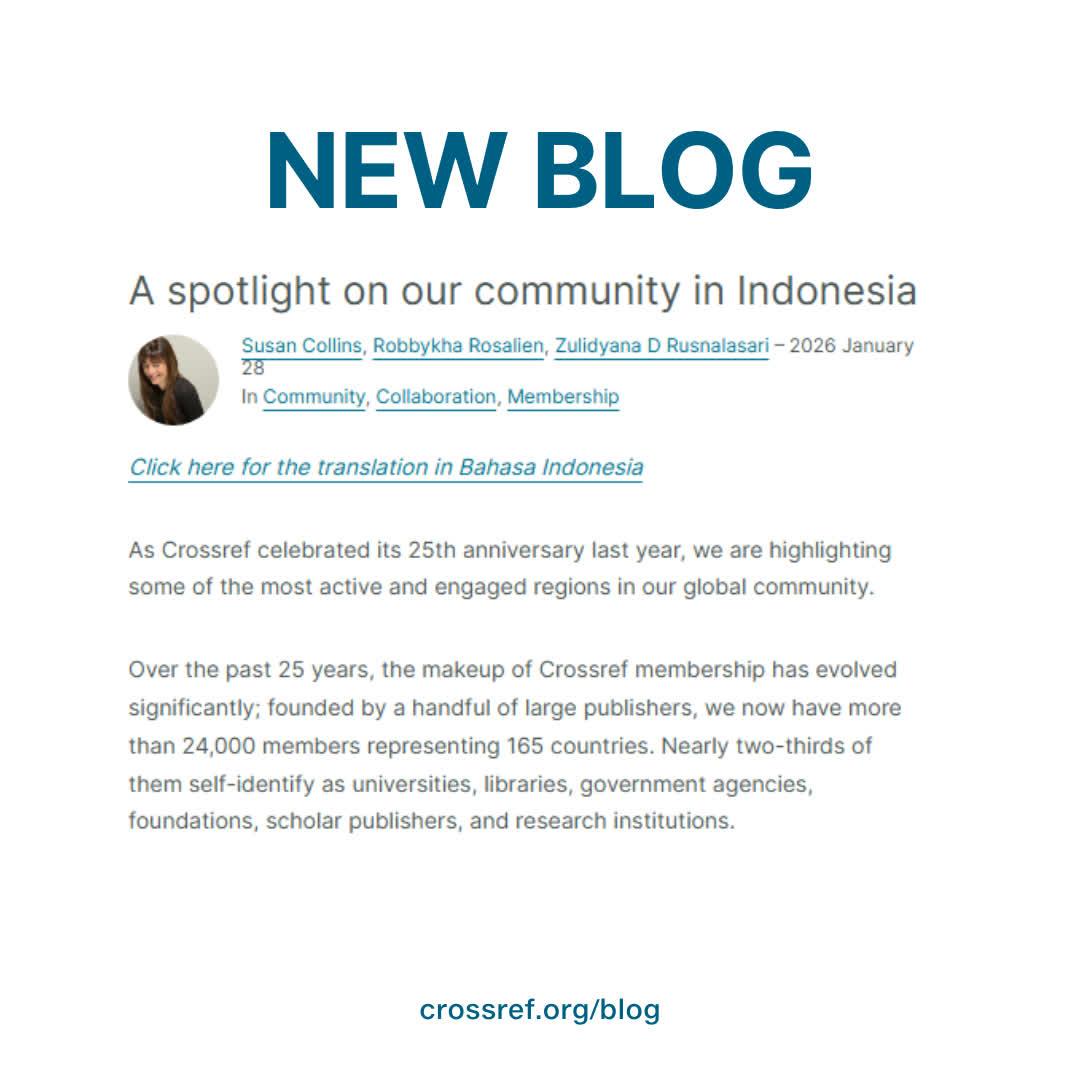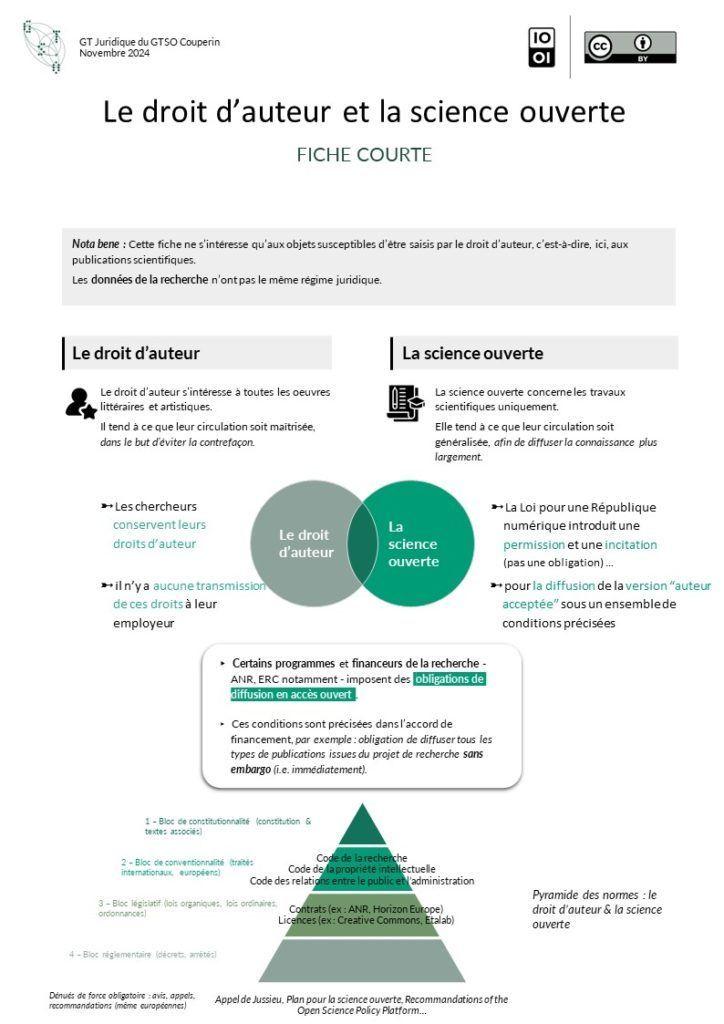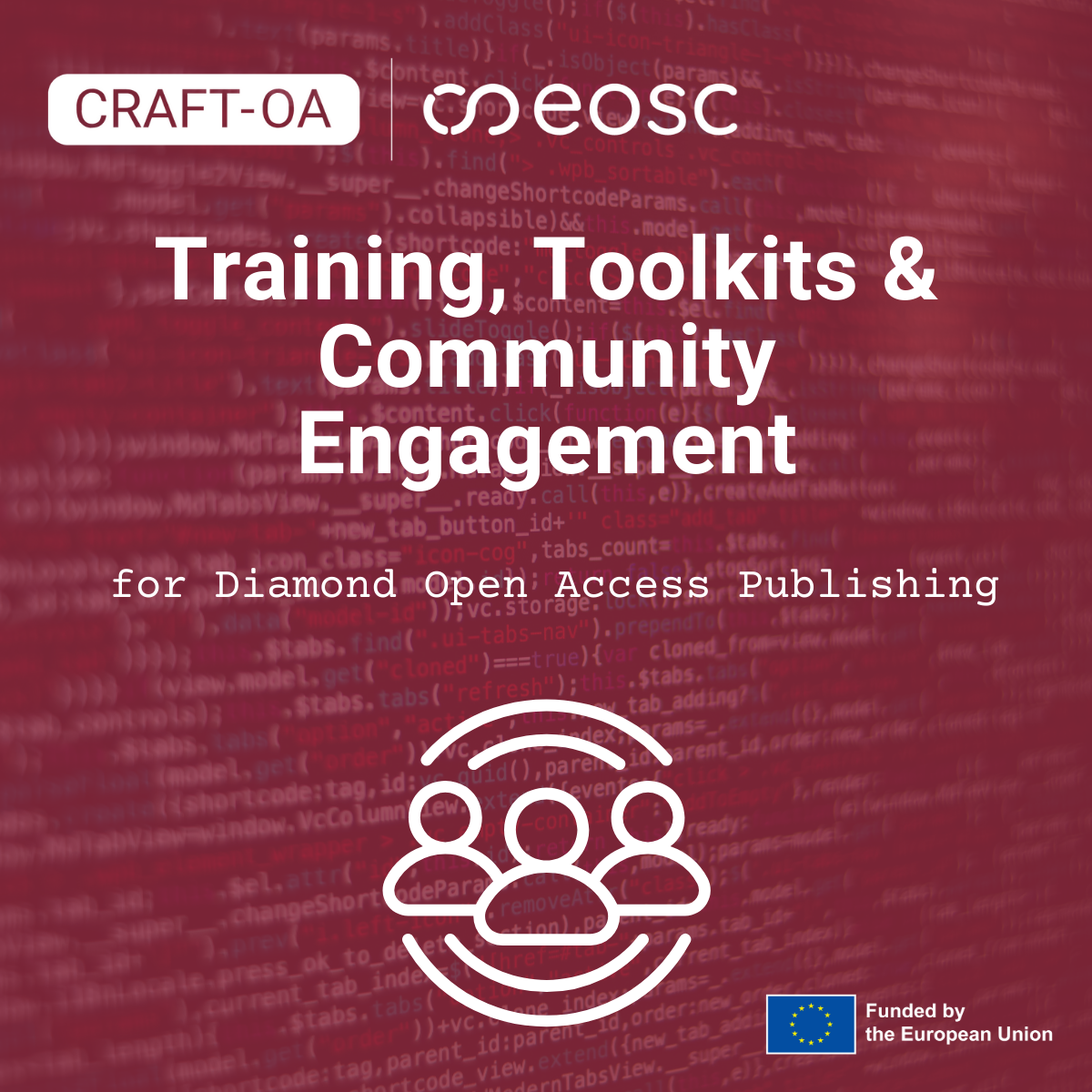I would appreciate recommendations for a preprint server to submit preprints in computational intelligence / computational cognitive science.
I know about the following preprint servers and would appreciate opinions about their relative merits for that topic area, and links to any other relevant preprint servers.
* https://www.techrxiv.org/
* https://www.preprints.org/
* https://arxiv.org/
- The available fine-grained categories in Computer Science *might* not cover my topics (depending on how strictly the categories are interpreted).
- The submission formats *might* be incompatible with my writing workflow.
* https://osf.io/preprints/discover
- OSF Preprints is a network of community-run OSF-hosted preprint servers. The only vaguely relevant community server is PssyArXiv, and it isn't clear that my topics of interest are on-scope for PsyArXiv.
* https://zenodo.org/
- Appears to have no constraints on format or topic (which is probably positive for me).
- Is not indexed by Google Scholar. (I have views about Google. However, not being indexed by Google means that preprints on Zenodo are effectively invisible to many researchers.)
#FediHelp #PrePrint #ScholarlyPublishing #AI #ArtificialIntelligence #CogSci #CognitiveScience #CompCogSci #ComputationalCognitiveScience #ComputationalIntelligence #MathematicalPsychology #MathPsych



![Dear Dr. [redacted],
It was nice to meet you at [redacted]!
Thanks for thinking of me as a possible reviewer, as I am interested in the topic. However, I decline to review this manuscript - I often do this in the case of journals published by profiteering corporate publishers. For Nature Communications, Nature Publishing Group charges an outrageous US$6990 to authors that has little to do with higher-quality service or journal processes and lots to do with a legacy first-mover advantage that it uses to exploit academia. This is rentier capitalism.
NPG funnels papers they reject from their most prestigious outlets to their newer subsidiary journals such as Nature Communications and Nature Communications Psychology, which academics go along with because they don’t (directly) foot the bill, and because, given the pressure academics are under to publish rapidly, they wish to take advantage of the reviews they may have already received from the higher-tier Nature journal. Because we are now live in a world where most studies can eventually be published somewhere, NPG has been able to exploit this by creating their own lower-tier journals and charging high-aspiration authors for the convenience.
This practice conflicts with my interest in universities and funders not wasting their money,](https://fediscience.org/system/media_attachments/files/115/399/291/273/527/191/original/c5cd354afe43e51c.png)

